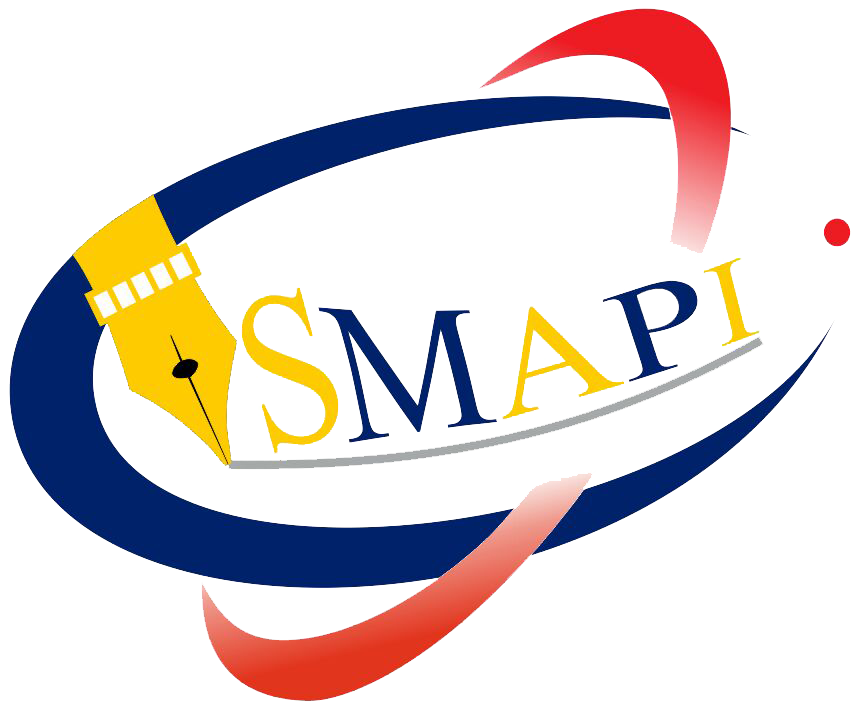IMPLEMENTATION OF TEACHER PERFORMANCE EVALUATION (A CASE STUDY AT MAHABODHI PRIMARY SCHOOL)
DOI:
https://doi.org/10.22236/jkpuhamka.v2i2.4847Keywords:
Teacher Achievement, quality, performance evaluation, work managementAbstract
Human resources have an increasingly important position in the state of dynamic society, especially in the current society condition, which is oriented towards professional work. On the other hand, at this time Indonesia has entered the era of globalization, which requires competent and qualified human resources in their respective fields. One of the elements of creating human natural resources is the teacher, so it is deemed necessary to have competent and qualified teachers in an education setting. The success of an education organization is very much determined by the readiness of the teachers in preparing their students through teaching and learning activities. Thus, the purpose of this study was aimed to determine the implementation of teacher performance evaluations at SD Mahabodhi Jakarta. Qualitative research methods were used to describe the implementation of teacher performance evaluation programs. The results showed that the performance and quality of a teacher increases with the implementation of performance management according to the prescribed standards. The performance evaluation program refers to management principles which includes four components, namely (1) Planning performance evaluation, (2) Organizing performance evaluations, (3) Implementation of performance evaluation, (4) Supervision of teacher performance evaluation. Thus, it can be concluded that the teacher performance evaluation program can improve teacher performance and quality.
Downloads
References
Cohen, L., Manion, L., & Morrison, K. (2011). Research Methods in Education. (7th ed.). New York: Routledge
Depdiknas. (2005). Instrumen Penilaian Kinerja Departemen Pendidikan Nasional. Jakarta: Dirjen Dikdasmen.
Fitriani, S. (2017). Is our education in a crisis state? Proceeding of UICIHSS 2017 conference. Volume 1, 123-133. Retrieved from http://uicihss.uhamka.ac.id/proceedings-uicihss-2017/
Hasibuan, M. (2005). Manajemen dasar, pengertian dan masalah. Jakarta: Sinar Grafika Offset.
Jefkins, F. (1992). Public Relations. Jakarta: PT Rajawali Press.
Moleong, L. (2002). Metodologi penelitian kualitatif. Bandung: Remaja Rosdakarya.
Pidarta, M. (2004). Manajemen Pendidikan Indonesia. Jakarta: Rineka Cipta Shuttleworth, M. (2008). Case study research design. Retrieved from https://explorable.com/case-study-research-design.
Soekamto, S. (2006). Pengantar Penelitian Hukum. Jakarta: UI-Press.
Sudirman. (2007). Zakat dalam pusaran arus modernitas. Malang: UIN Malang Press.
Rivai, V., & Murni, S. (2010). Education Management. Jakarta: Rajawali Press
Wakidi. (2004). Pembinaan Profesionalitas Guru Pada Lembaga Pendidikan Islam. Unpublished thesis, Program Pascasarjana UIN Malang.
Wijaya, C. & Tabrani Rusyan, T.A (1994). Kemampuan Dasar Guru Dalam Proses Belajar Mengajar. Bandung: PT remaja Rosdakarya















